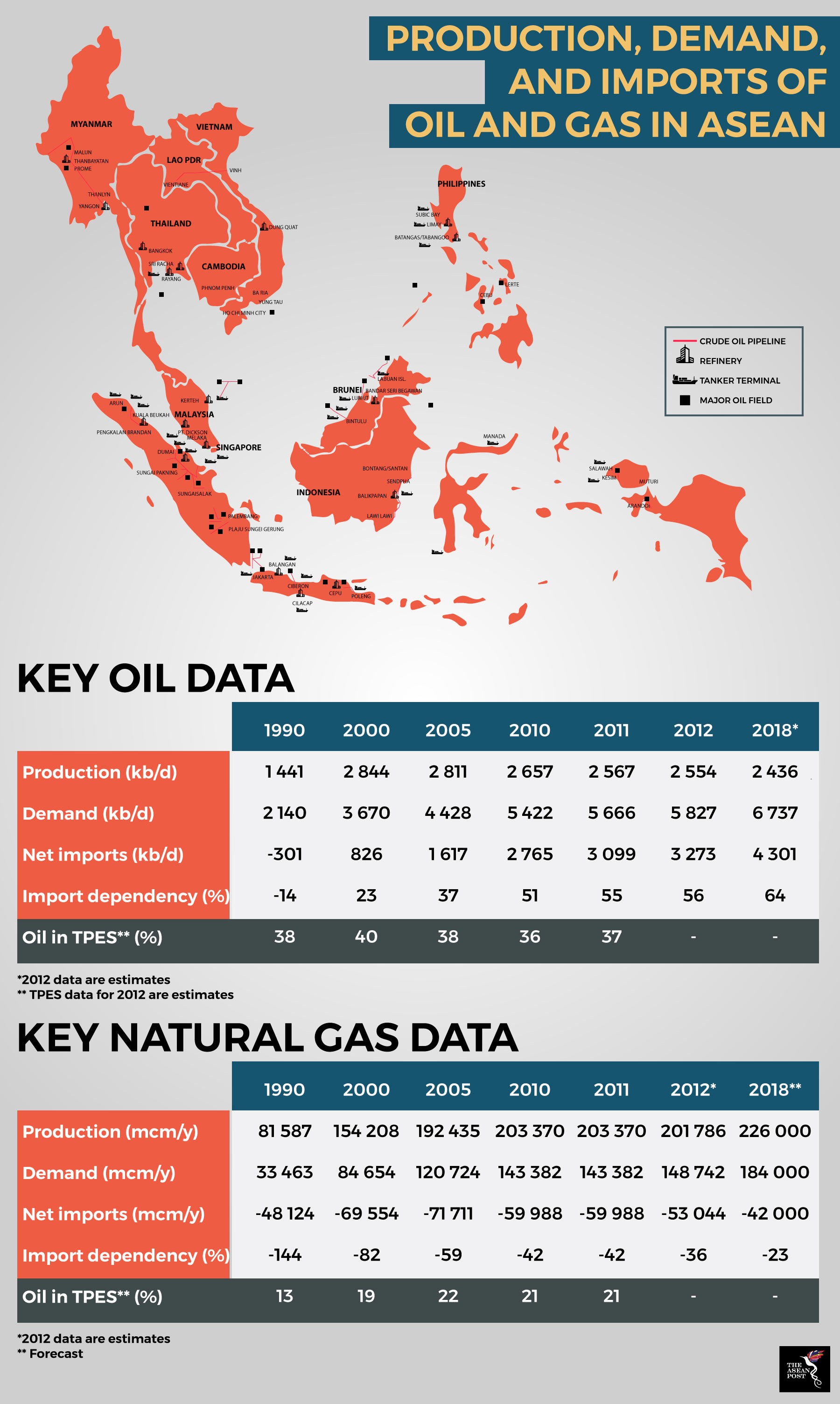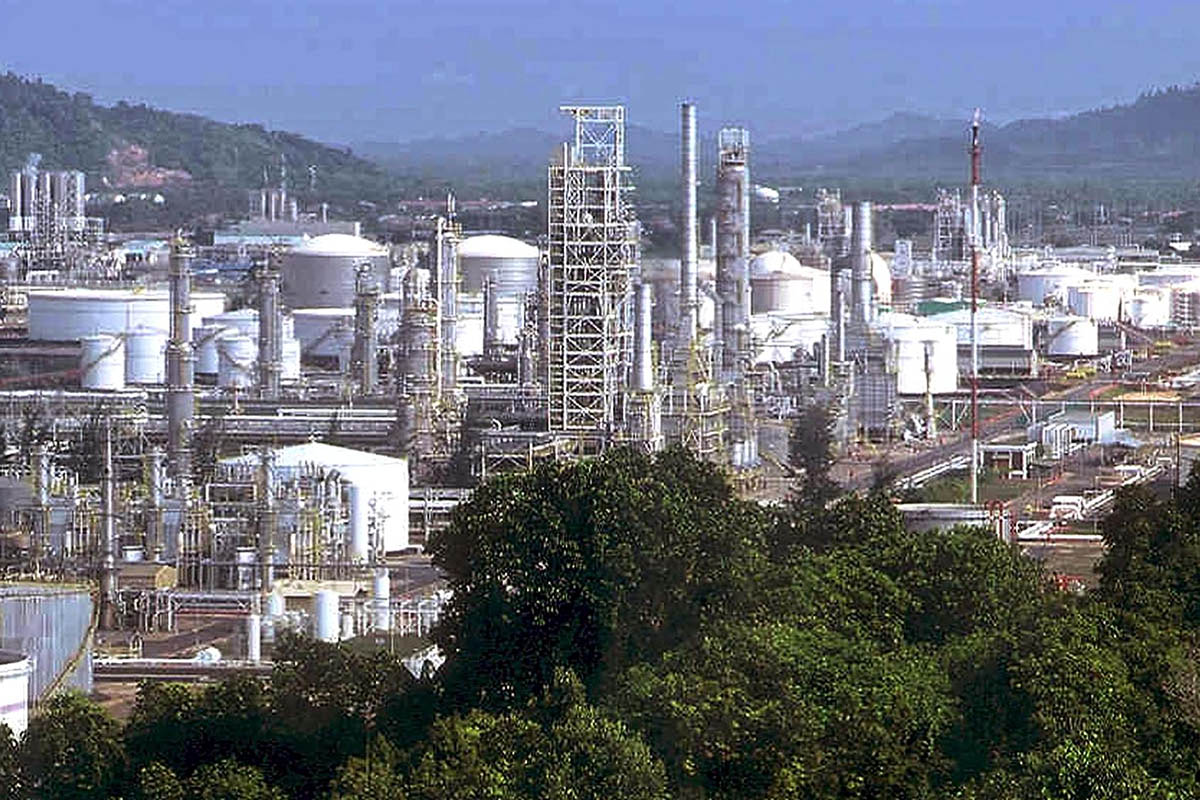Petroleum is known as liquid gold due to its utility to various segments in society, making it a sought-after commodity the world over. ASEAN’s petroleum potential is quite impressive, with the sector positioned for further expansion in coming years. The question is, how can the harnessing of petroleum contribute to a sustainable energy future?
According to a UN report, over the next half-century, governments, energy users, and producers will have to focus on four concerns simultaneously: meeting the soaring demand for energy, keeping supplies secure, reducing environmental and social impacts due to energy harnessing, and combating poverty in a fast-growing global population.

Source: International Renewable Energy Agency (IRENA)
Petroleum status quo across ASEAN
Mindful that ASEAN is becoming more dependent on petroleum resources outside the region, there is a growing need to recognise, coordinate, and rationalise initiatives, plans, and programmes to enhance security of petroleum supply for ASEAN member states. Through the ASEAN Petroleum Security Agreement (APSA), Southeast Asian countries are to follow a code of conduct to manage the flow of petroleum in the region.
A report by Rystad Energy forecasted that 512 million barrels of oil equivalent (MMboe) worth of projects could reach final investment decisions (FID) over the next couple of years. Indonesia and Vietnam are expected to account for 75 percent of possible approvals.
An example of an ASEAN member state looking at the issue of renewable energy resources and its links to petroleum is Thailand. On 11 May, the Federation of Thai Industries (FTI) demanded a precise policy framework for purchasing renewable power, pointing out that the feed-in-tariff (FiT) rate ought to stay above 3 Baht (9 cents) per kilowatt-hour (kWH). The higher rate is warranted due to the fact that green energy production has higher costs than fossil fuel counterparts.
The proposal by FTI was made after Thailand’s Energy Minister, Siri Jiraponghan announced that the government would stop purchasing electricity from renewable power generators for the next five years. According to him, these projects have caused retail electricity tariffs to jump by up to 25 satang per unit (0.08 cents), which is a substantial increase. The fuel tariff rate for renewables is charged at 18 satang (0.6 cents) per kWh of energy bills, while state utilities buy at a FiT rate of up to 7 Baht (US$0.2).
Petroleum biotechnology as a method of sustainability
Petroleum biotechnology (microbial) contributes to the fossil fuel industry in numerous ways. First and foremost, it assists in the exploration and production of fossil fuels, upgrading fuels, bioremediation of spills, and controls the sourcing of petroleum reservoirs and the corrosion of infrastructure.
As the shift is made from a reliance on fossil fuel to a new energy future, innovative microbial biotechnologies may offer new pathways to maximise recovery from both conventional and non-conventional energy assets. Not only that, the aforementioned biotechnology has the potential to reduce emission tracks and implement carbon capture and utilisation.
The contributions of microbial technology to the energy sector have implications not only for technical advancement, but also for economic, environmental, social, and political shifts on a global scale. This is exemplified by the price of fossil fuels, global population spurts and the progress of renewables, as well as trepidation with regard to the use of crops for food versus fuel production.
On the whole, a greater understanding of the significance of petroleum ought to be imparted on the region. As such, the APSA has to be upheld by all ASEAN member states. Technological advancements in limiting dangerous emissions should be appreciated, but the region must not rest on its laurels. The economic possibilities of harnessing petroleum should be seen as a catalyst for an improved relationship between countries in the region.
